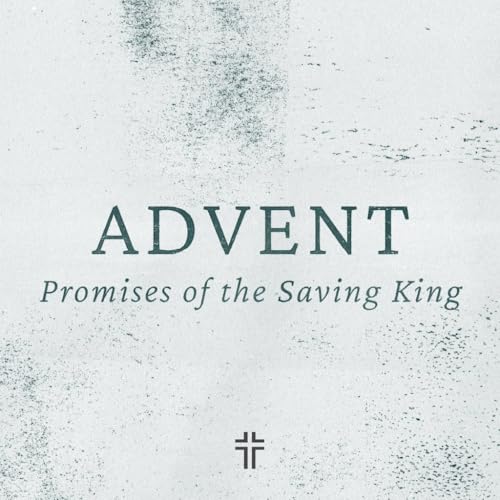Discussion Questions
Sermon Overview
Hope in the King whose righteous rule will produce perfect peace.
I. His qualification is unquestionable (vv. 1-3a)
II. His rule will be righteous (vv. 3b-5)
III. His peace will be perfect (vv. 6-9)
IV. His majesty will be magnetic (v. 10)
Digging Deeper
Read Isaiah 11:1-10
1. What injustices in our world make you wish for peace? What does the coming of Jesus have to say about this?
2. When you want peace, who or what do you look to?
3. In the sermon, a distinction was made between what delights human rulers and what delights our King, Jesus. What is different about what Jesus desires from us, versus what earthly leaders and rulers often desire? (see Isa. 1:23)
4. What would it look like to grow in delighting in God, fearing him in a way that longs to honor him?
5. This sermon focused on the kind of righteous rule that Jesus, this promised King, will have. What do you most look forward to about his promised rule?
6. In Jesus’s righteous rule, he will enact justice always. As was said in the sermon, if this is our king, we had better live like him. How can we obey this call in our daily lives?
7. Reread Isaiah 11:6-9, which gives us a picture of what eternity with the Prince of Peace will be like. Which of these particular pictures of peace do you long for? Why does your heart long for this?
8. To get another picture of the peace which comes in eternity, read Revelation 22:1-5. What do these verses mean to you, and how can we start to live out this peace now between one another?
9. “When the King came the first time, it wasn’t to judge, but to save.” How did Jesus fulfill this purpose in his life on earth? What will be different about his second coming?
10. It can feel counterintuitive to consider this majestic, righteous, peacemaking king when Christmas is supposed to be about baby Jesus lying in the manger. Why do you think there is goodness in thinking this way about Jesus at Christmastime?
Prayer
 Dec 21 202538 mins
Dec 21 202538 mins Dec 14 202537 mins
Dec 14 202537 mins Dec 7 202545 mins
Dec 7 202545 mins Nov 30 202539 mins
Nov 30 202539 mins Nov 23 202529 mins
Nov 23 202529 mins Nov 16 202539 mins
Nov 16 202539 mins Nov 9 202539 mins
Nov 9 202539 mins Nov 2 202536 mins
Nov 2 202536 mins
